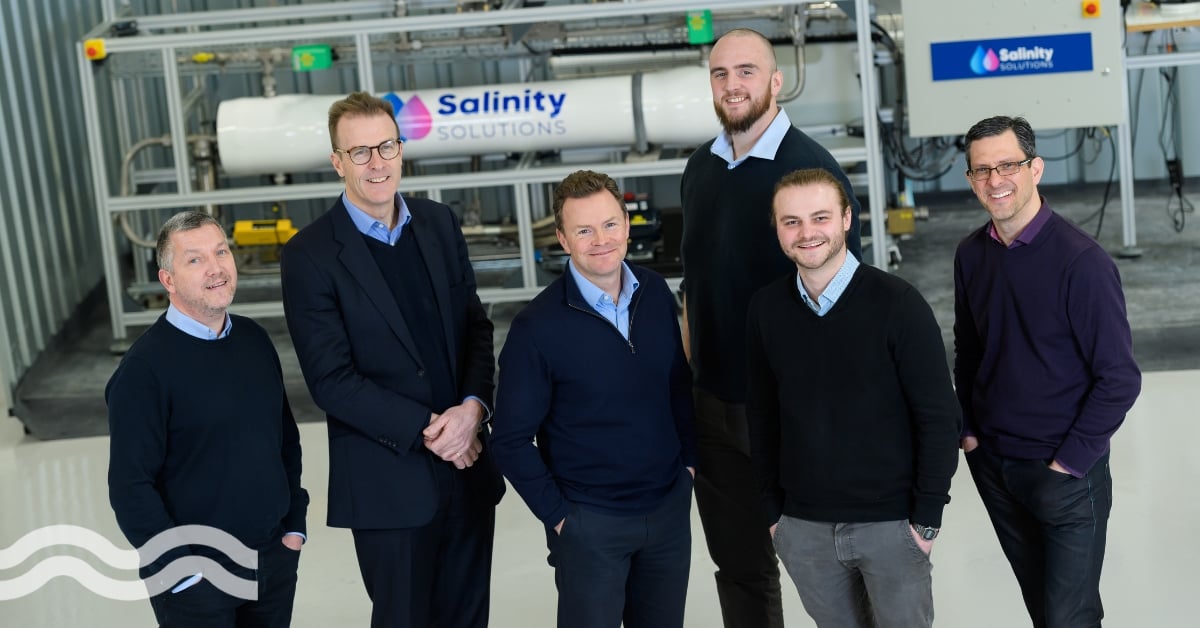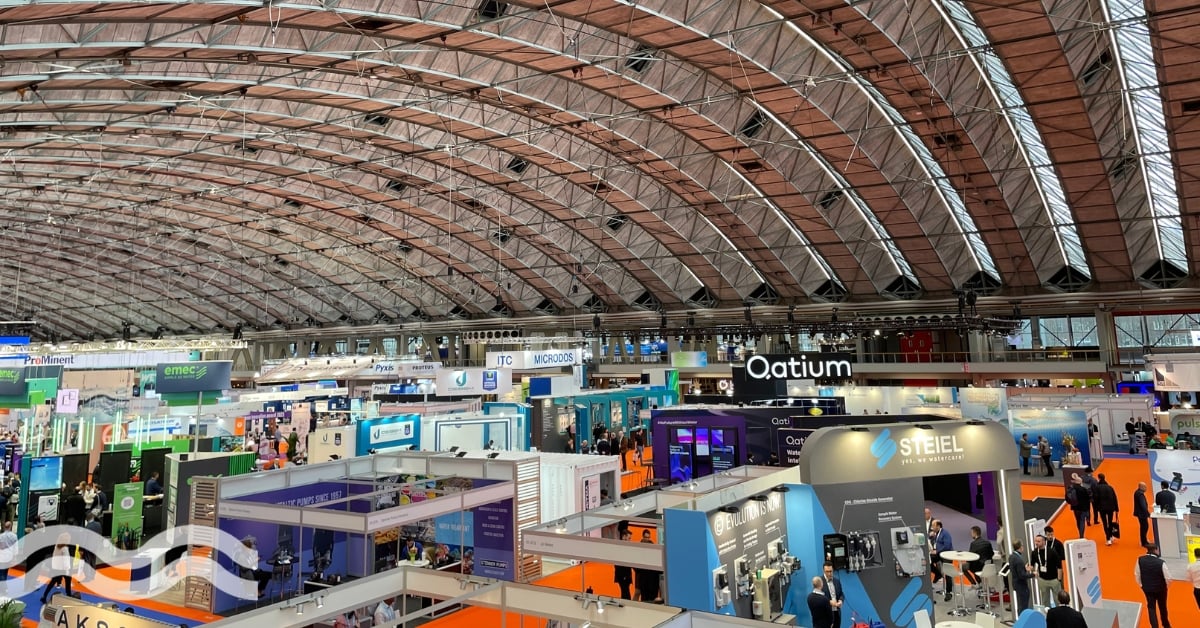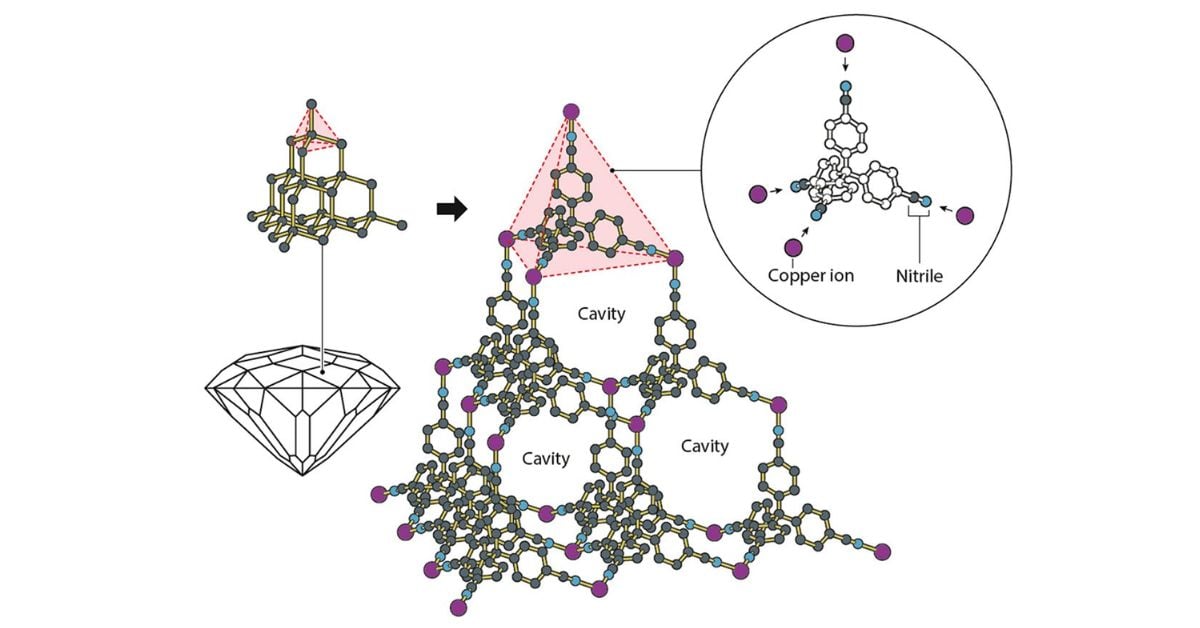Factory to boost nanofiltration membrane production
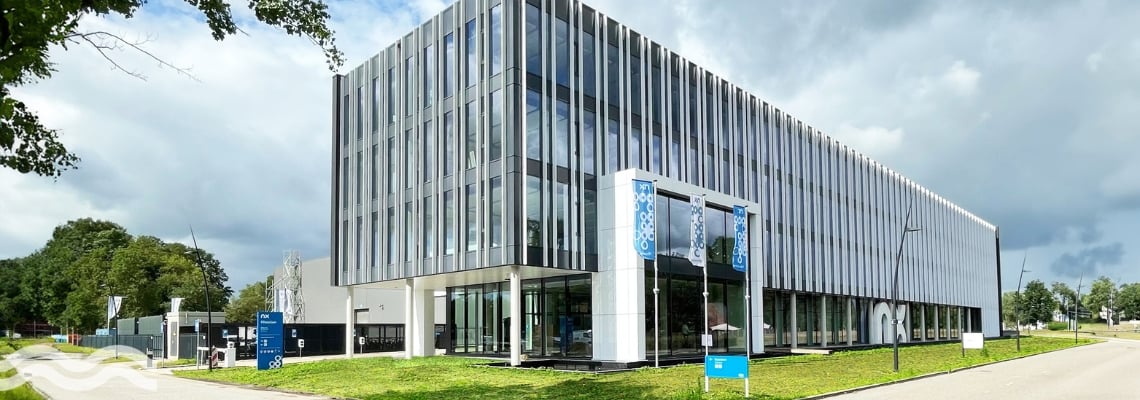
The sustainable water sector in the Netherlands has been boosted with the opening of a new membrane factory in Hengelo.
NX Filtration hollow-fibre membranes
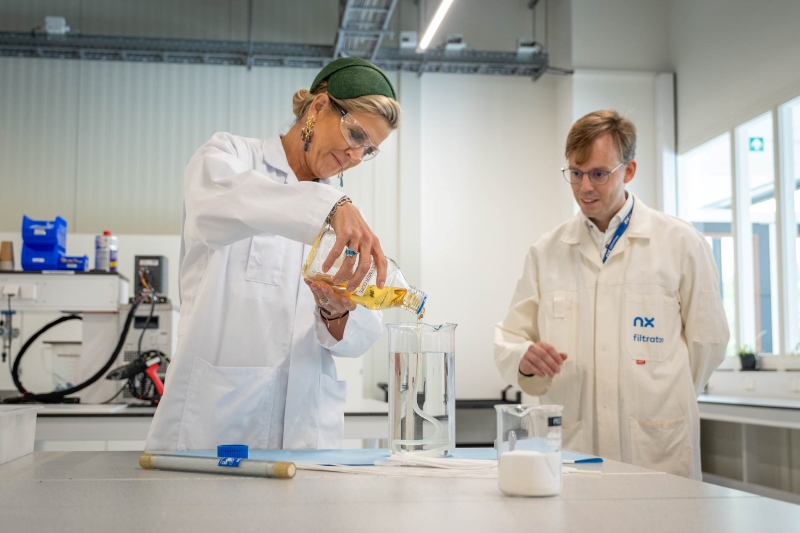
The new factory belongs to nanofiltration membrane technology company NX Filtration.
The company produces membrane modules that effectively filter micro-pollutants such as PFAS, pharmaceutical residues, dyes, as well as microplastics, viruses, and bacteria from water.
These substances are increasingly found in higher concentrations in rivers, lakes, and even drinking water around the world, posing a threat to health, nature, fisheries, agriculture, and economic development. NX Filtration's technology plays a crucial role in producing clean and affordable water.
The new factory was opened by Her Majesty Queen Máxima. It will produce hollow fibre nanofiltration membranes, which the company states will help its customers to build more efficient installations on a larger scale, converting polluted water, such as river and wastewater, into drinking water.
The membranes consume significantly less energy when compared to traditional methods and eliminate the need for chemicals. They are low fouling and have the ability to remove organics and salinity (hardness) from water.
The membranes are designed using a patented layer-by-layer process, where multiple nano-scale layers are deposited on a membrane support. This method enables very precise and controlled rejection and flux properties of the membrane.
Membranes produced in sustainable facility

The factory itself has been designed with sustainability and self-sufficiency in mind. In addition to over 1,350 solar panels and heat recovery systems, the factory is the first in the Netherlands to use heat exchange with a neighbouring data centre.
NX Filtration also uses its own membranes to produce its own process water based on water from the nearby Twente Canal.
The opening was also used to delve deeper into the urgent issues surrounding water management, water quality, and growing concerns over the availability of sufficient water. During the day, guests and experts took part in various roundtable discussions on the theme of how to accelerate the global water transition. The event provided a platform for exchanging ideas and strengthening collaborations to address the challenges surrounding clean and affordable water.
Prof.dr.ir. Erik Roesink, founder and CTO of NX Filtration, said: "The presence of Her Majesty Queen Máxima and the large turnout of stakeholders from both the Netherlands and abroad underscore the importance of technological innovations for the water sector and society as a whole. We are particularly proud of NX Filtration's contribution to the water transition and the fact that Dutch technology is leading internationally in this field."
